A Roundtable Event Dedicated to Discussing the Attractiveness of the Judicial Career was Held with the Support of EU Project Pravo-Justice
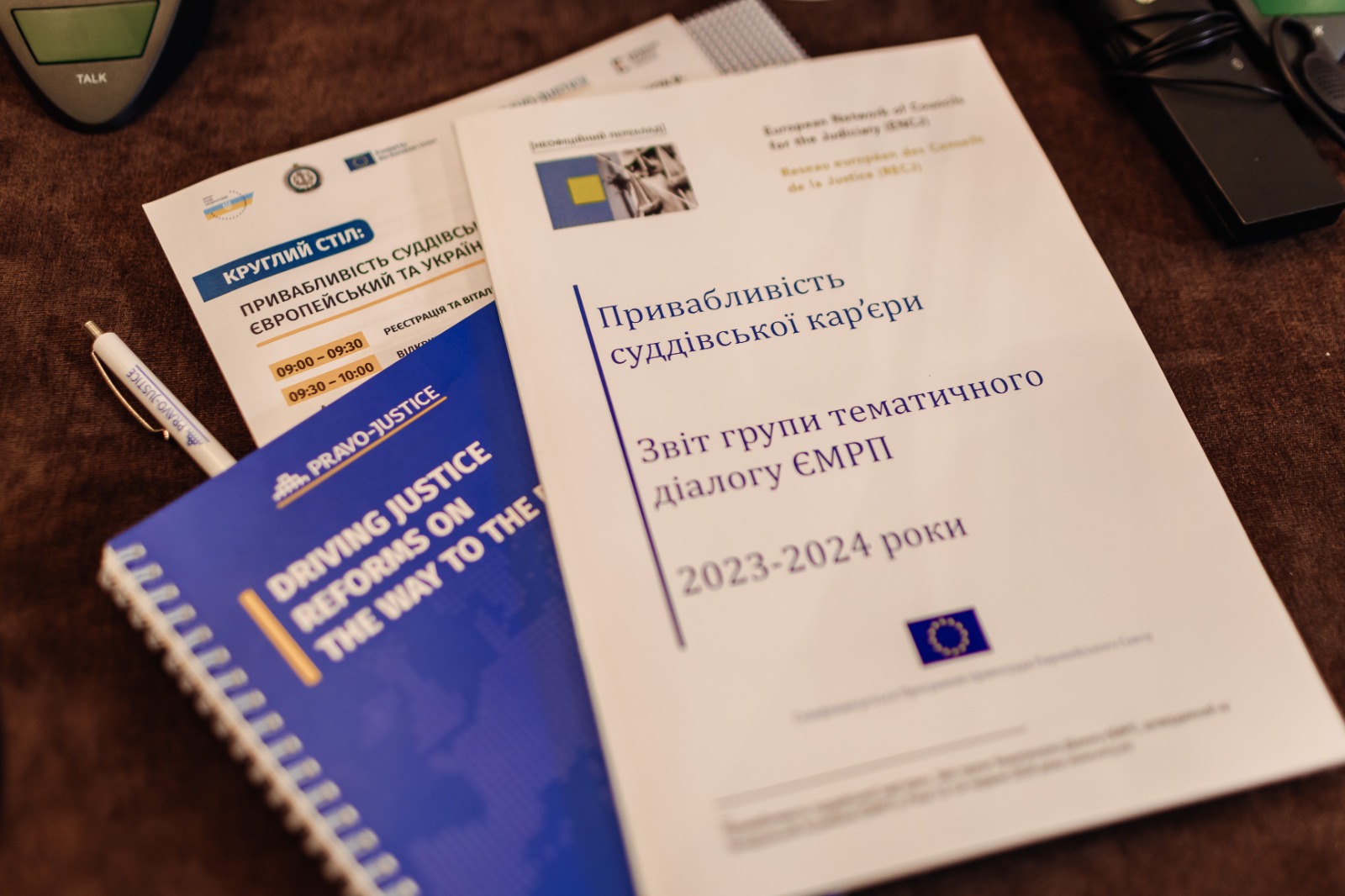
On 23 September, the High Council of Justice, the High Qualifications Commission of Judges of Ukraine, and EU Project Pravo-Justice held a roundtable discussion ‘Attractiveness of the Judicial Career: European and Ukrainian Dimensions’. MPs, representatives of the Supreme Court, High Council of Justice, High Qualification Commission of Judges, Council of Judges, State Judicial Administration, National School of Judges, Public Integrity Council, as well as international partners of Ukraine from the European Network of Councils for the Judiciary and experts from EU Project Pravo-Justice participated in the event. They discussed the attractiveness of the judicial career in the Ukrainian and European dimensions, current challenges and opportunities for overcoming them.
Besides, at the round table event, representatives of the European Network of Councils for the Judiciary presented the Report of the Thematic Dialogue Group on the Attractiveness of the Judicial Career, translated into Ukrainian with the support of EU Project Pravo-Justice.
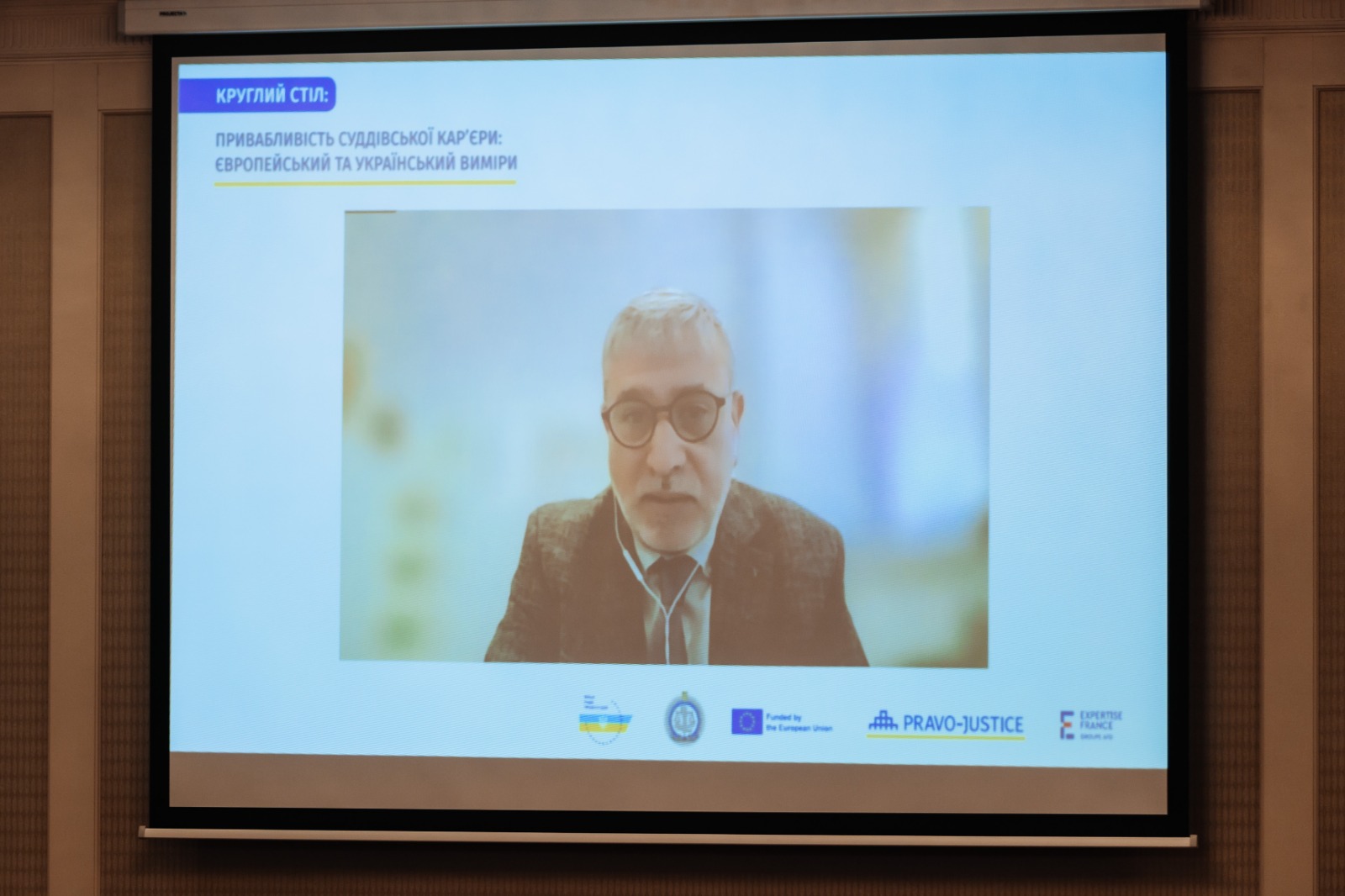
Asier Santillán Luzuriaga, Head of Section “Good Governance and Rule of Law” at the EU Delegation to Ukraine, said that Ukraine is currently experiencing a reduced interest in the judicial career. According to him, many European countries experience a similar problem. After all, not so many people can undertake responsibility and work under public scrutiny of their professional and personal lives.
Asier Santillán Luzuriaga indicated measures that can be used to make the judicial career more attractive, including:
- ensuring predictable development of the judiciary ensuring predictable development of the judiciary;
- sustainability of judicial appointments;
- remedying imbalanced caseload;
- streamlining business processes;
- supporting the court staff in their daily work;
- raising public trust in the status of judges, etc.
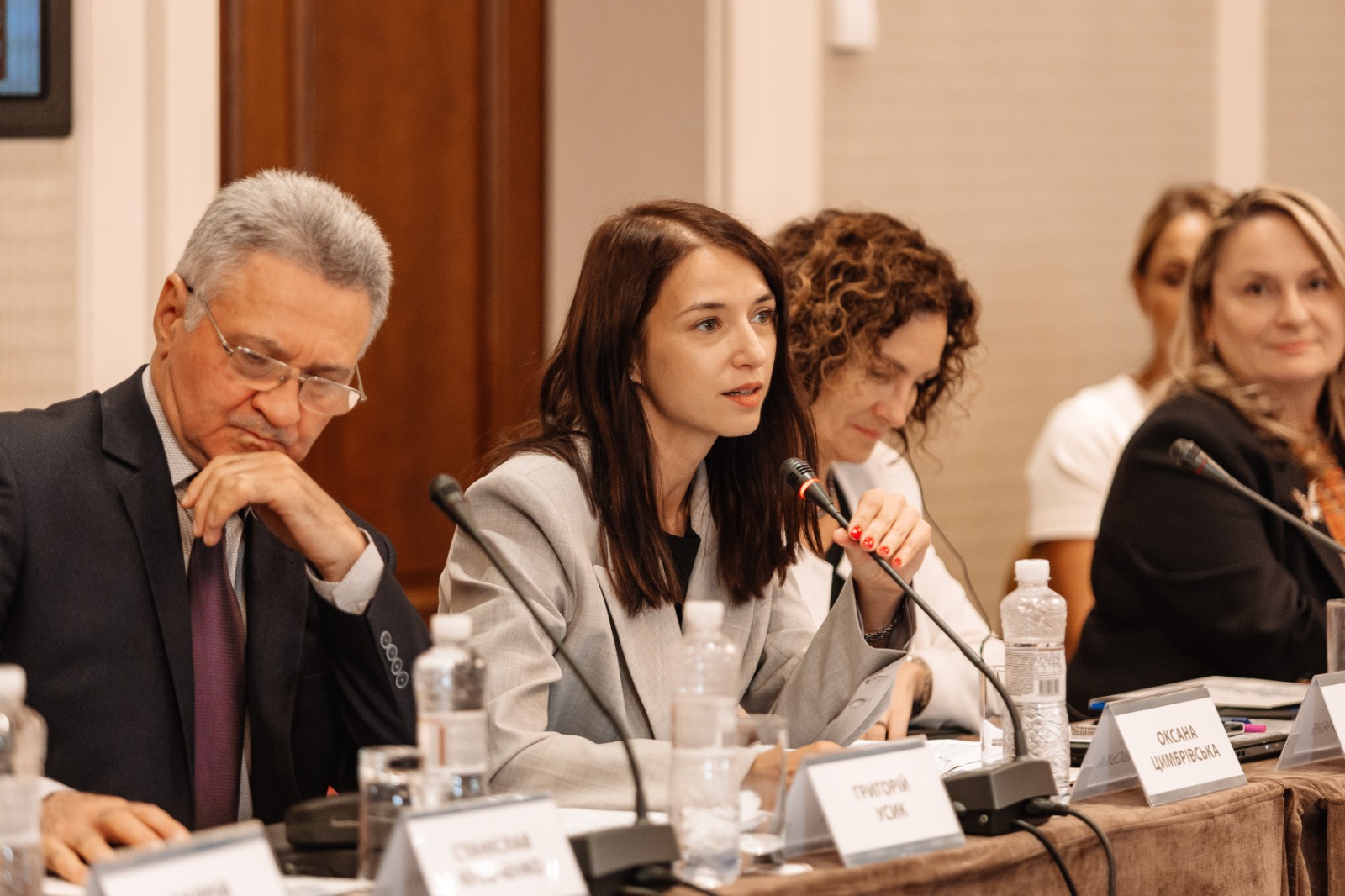
Oksana Tsymbrivska, Team Leader of EU Project Pravo-Justice, considers that attractiveness of the judicial career is a strategic issue on Ukraine’s path to the EU and strengthening the rule of law. That is why many stakeholders must work out a comprehensive and coordinated approach to address various challenges in this area.
"We must work together to build a judiciary that not only upholds the rule of law, but can also attract and retain the most qualified and dedicated professionals," she emphasised.
According to Oksana Tsymbrivska, the attractiveness of the judicial career is not just a matter of adequate judicial remuneration or logistics and facilities.
"It is about building a system that values and supports judges. It is about creating an environment where judges can exercise their duties with dignity, independence and pride. It is important not only for the judiciary, but also for developing democracy and justice in Ukraine," she concluded.
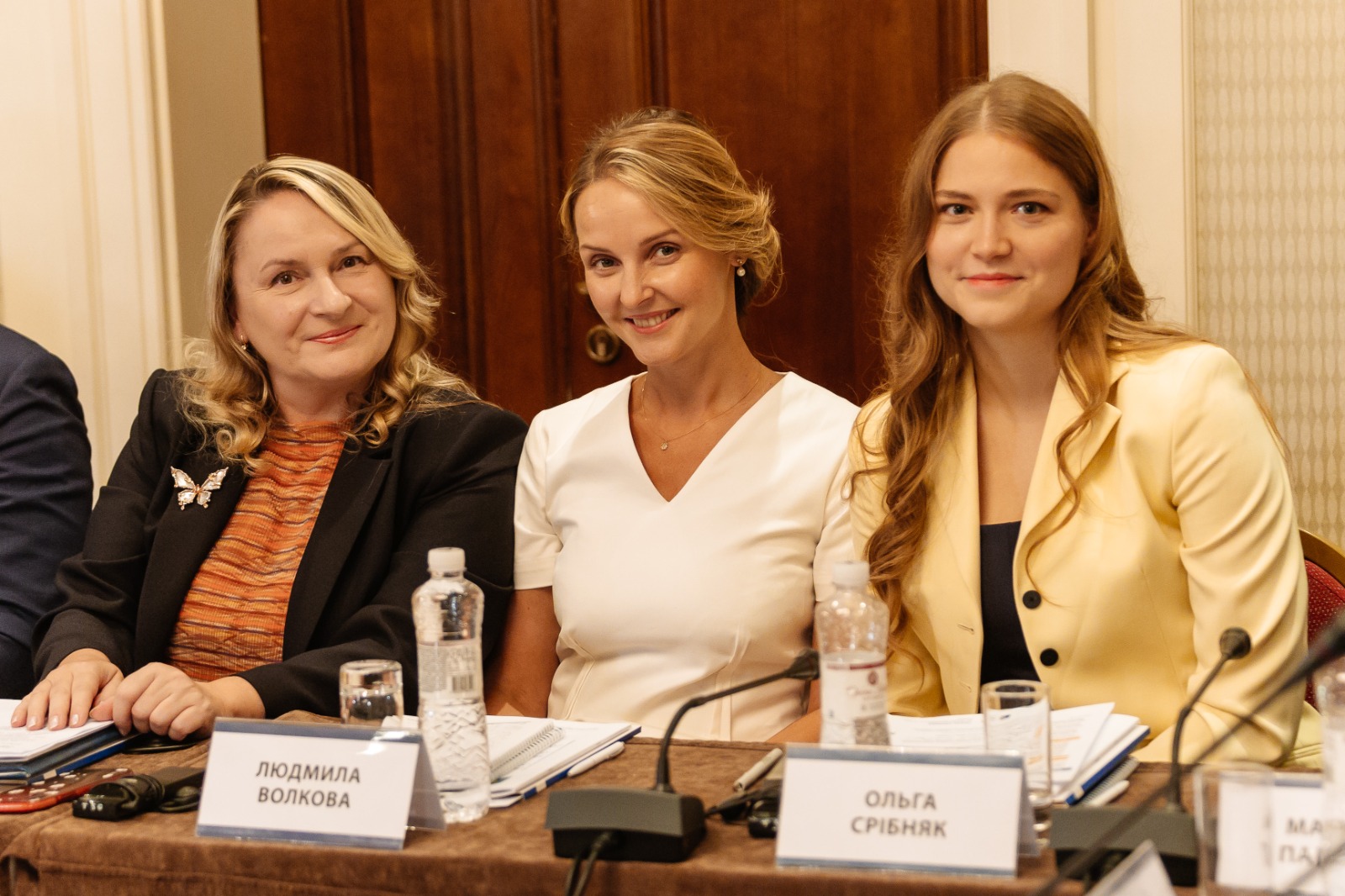
Olha Sribniak, Deputy Team Leader of EU Project Pravo-Justice, noted that Ukraine is experiencing a unique situation regarding the attractiveness of a judicial career. According to her, for almost 3.5 years, competitions for judicial positions were not held because the HQCJ was not functioning.
"To enhance the prominence of the judicial profession, it is crucial to establish regular, transparent and understandable competition procedures for candidates. To achieve this, it is not enough to have legislation; it is also necessary to adopt respective HQCJ regulations, especially the unified integrity and professional ethics indicators that are to be adopted by the HCJ very soon," she concluded.
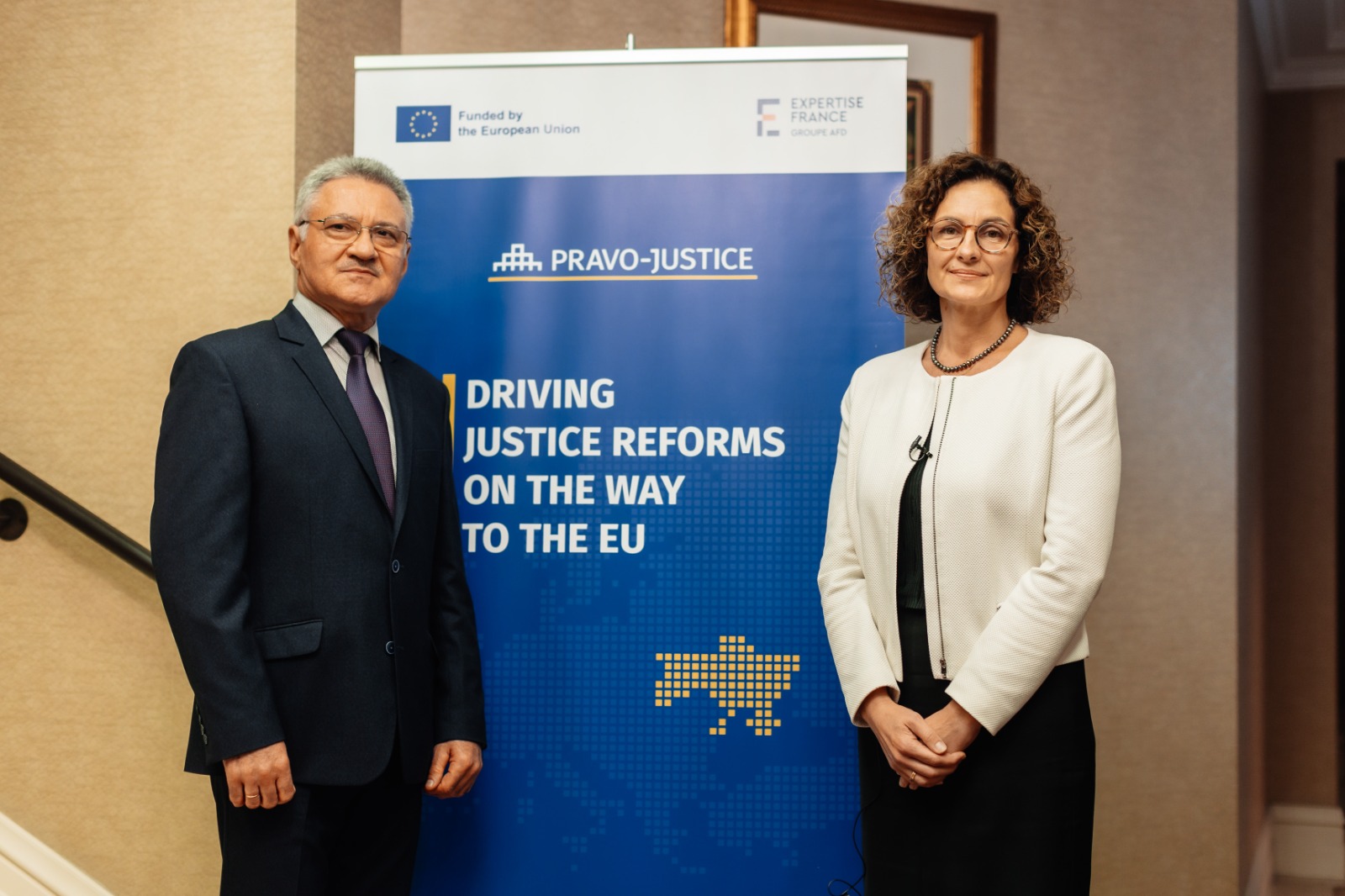
Hryhorii Usyk, Chair of the High Council of Justice, also participated in the roundtable. He said that the attractiveness of the judicial career is very relevant. According to him, over the past 5-7 years, the problem of the shortage of human resources in the judiciary has become extremely acute.
"This is one of the major challenges faced by the justice system in Ukraine. Without exaggeration, the judiciary is operating almost at the breaking point, particularly because of the significant staff shortage. The situation is especially critical in the courts of appeal. For example, only three judges are working in the criminal chamber of the Court of Appeal in the Sumy region. Also, more than ten local courts have no judges at all. Due to the excessive workload and the stress caused by the war, many judges cannot stand it anymore and submit their letters of resignation to us. Only in January and February this year did the HCJ decide to dismiss 186 judges. Of them, 162 judges resigned voluntarily. The trend is quite alarming because we are losing the most experienced and highly qualified judges," said Hryhorii Usyk.
Andrii Pasichnyk, Chair of the High Qualification Commission of Judges of Ukraine, noted that only HQCJ capacity is not enough to make the judicial career more attractive as it requires a comprehensive approach of the entire judiciary and legislature.
Denys Maslov, Member of Parliament of Ukraine, Chair of the Parliamentary Legal Policy Committee, added that, according to the European Network for the Councils of Judiciary experts, Ukraine is not the only country experiencing the serious problem regarding the attractiveness of the judicial career.
“The same challenges have been identified in Belgium, England, Lithuania, Norway and Portugal. This shows that this is not exclusively a ‘Ukrainian issue’, but rather a global challenge faced by even the leading European countries," said Denys Maslov.
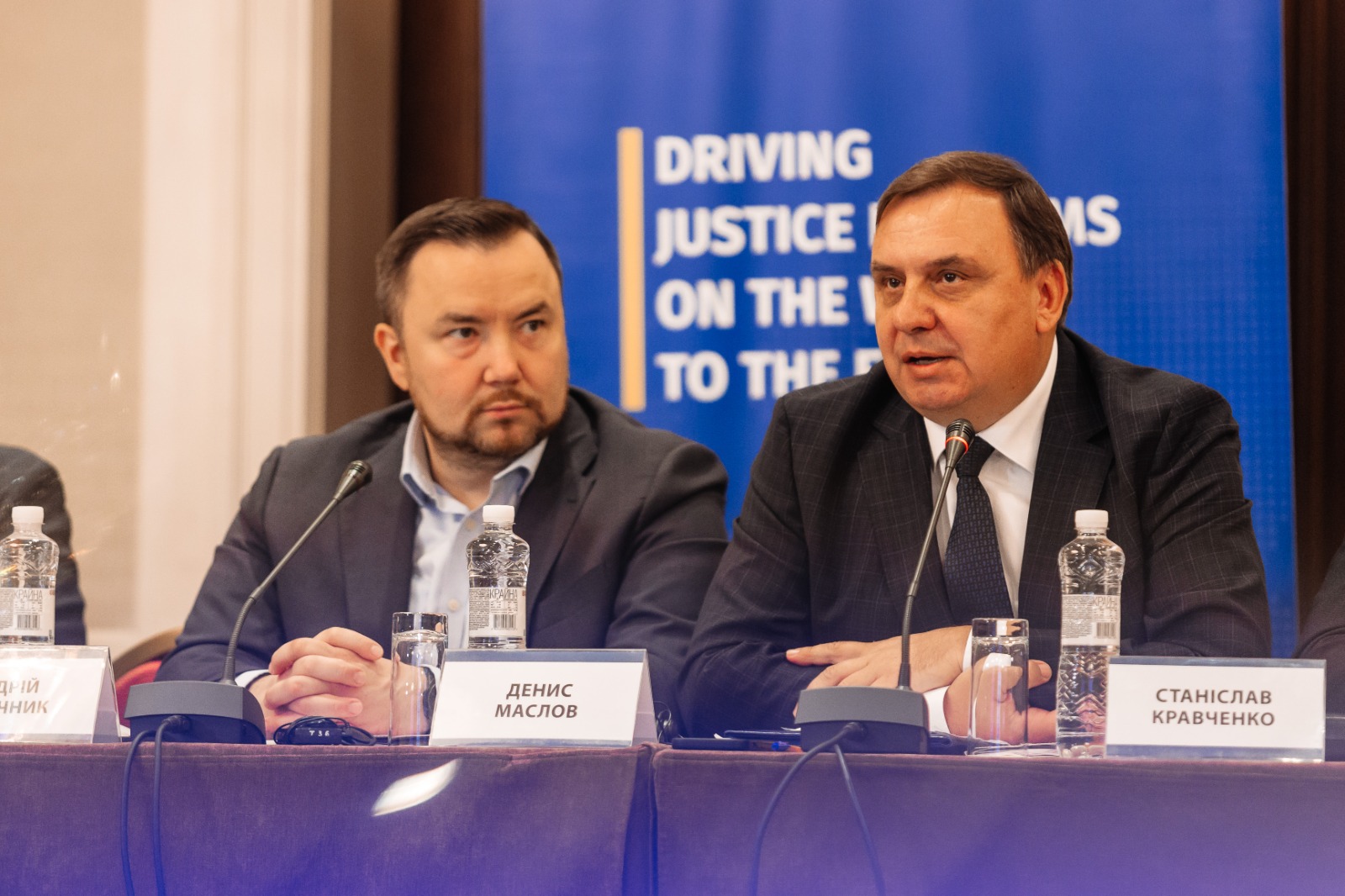
Stanislav Kravchenko, Chief Justice of the Supreme Court of Ukraine, emphasised that justice is being administered in Ukraine despite the full-scale Russian invasion.
"It is the judges currently part of the system who have maintained stability and are showing good performance. However, we need to learn how to communicate with the public and properly show the tangible results of our work. Otherwise, we will not be able to earn the trust of the public. Therefore, we will not be able to talk about the attractiveness of the judicial career in the future," emphasised Stanislav Kravchenko.
The Supreme Court Chief Justice also added that forming a network of courts in Ukraine is an urgent issue.
Dalia Vasarienė, justice of the Supreme Court of Lithuania, member of the ENCJ Executive Board, and former ENCJ President, noted that the attractiveness of the judicial career is becoming even more acute because of the war.
"Strengthening the capacity of the judiciary is not only about the institutional dimension, but also about the critical component of national resilience and reconstruction," she said.
In her opinion, it is essential to learn from different best practices, adjust and apply them to the Ukrainian context.
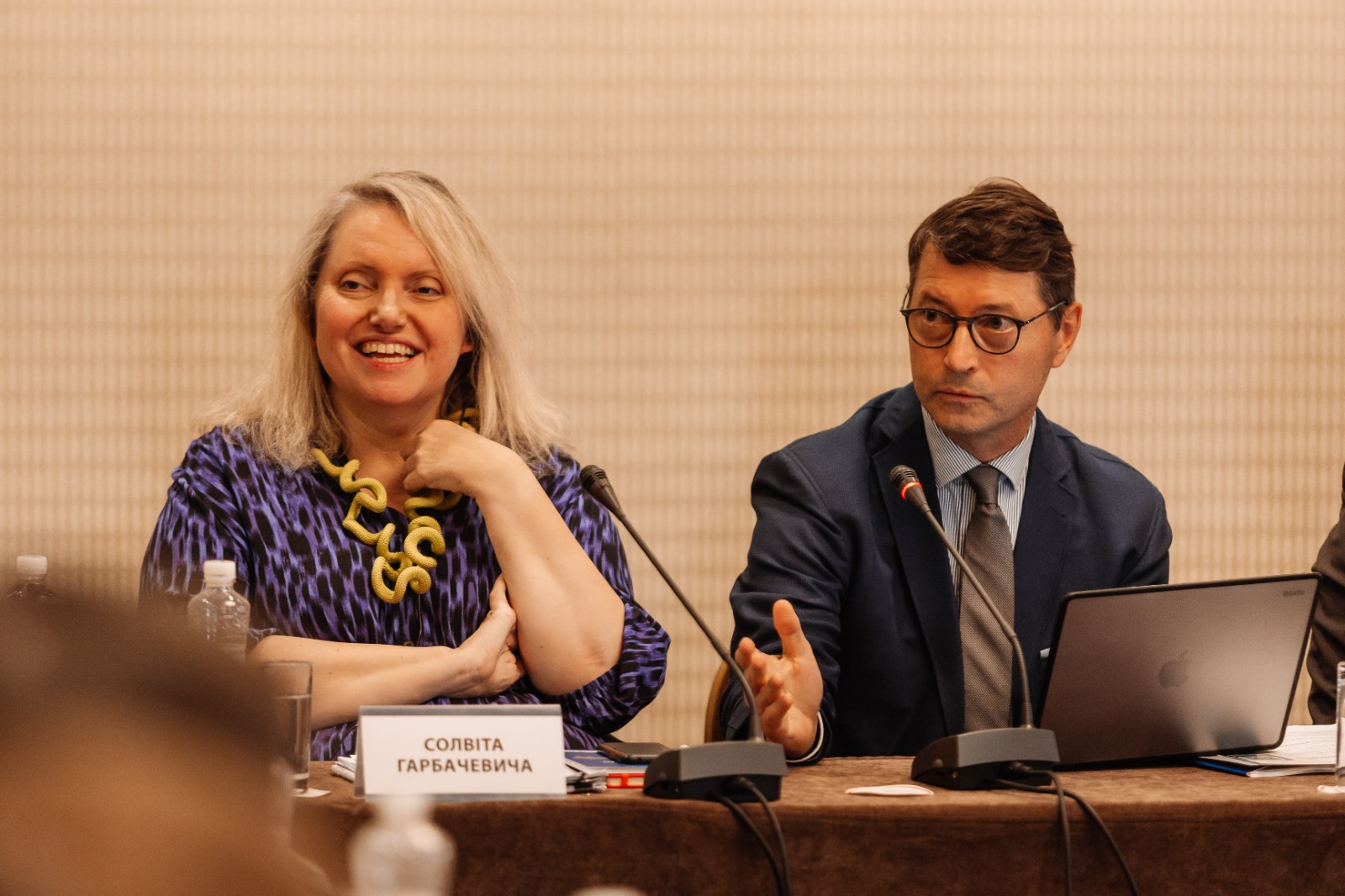
In his intervention, Virgilijus Valančius, Senior International Expert of EU Project Pravo-Justice, focused on the shortcomings that have an adverse impact on the prestige of the judicial career, such as disrespect for the judicial profession.
"It is extremely difficult for judges to administer justice in such an environment. Moreover, young lawyers have little inclination to choose this profession," said Virgilijus Valančius.
However, according to him, it is rare for judges to be completely satisfied with their work conditions.
"There is no such thing as a magic pill that will make the judicial career easy and convenient. Judges have never worked and will never work in a criticism-free environment," he concluded.
Virgilijus Valančius noted that there is still a lot of room for improvement, so he urged to prioritise some steps from those outlined in the report to make the judicial career more attractive.
Report of the ENCJ Thematic Dialogue group ‘Attractiveness of the judicial career’.
Videorecording of the round table event.